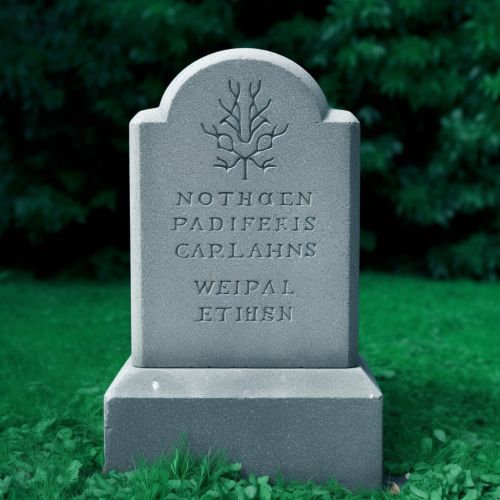August Schleicher
Early Life and Education
August Schleicher was born on February 19, 1821, in Meiningen, a town located in the Duchy of Saxe-Meiningen, which is now part of modern-day Germany. He was the son of a physician and showed an early interest in languages.


He attended the University of Leipzig, where he studied philology, a branch of knowledge that deals with the structure, historical development, and relationships of a language or languages. During his time at the university, he was particularly influenced by the work of Franz Bopp, a German linguist known for his comprehensive comparative grammar of Sanskrit and other Indo-European languages.
Career and Contributions to Linguistics
After completing his studies, Schleicher held academic positions at the universities of Prague and Jena. He was a prolific writer, producing numerous works on a variety of linguistic topics. His most significant contribution to the field of linguistics was his development of the Stammbaumtheorie, or family tree theory, which posits that languages evolve in a tree-like manner from a common ancestor.
Schleicher was also the first to attempt a reconstruction of Proto-Indo-European, the hypothetical prehistoric ancestor of the Indo-European languages. His work in this area laid the groundwork for much of the subsequent research in Indo-European linguistics.


In addition to his work on Indo-European languages, Schleicher made significant contributions to the study of the Slavic languages. He was one of the first linguists to recognize the importance of the Slavic languages in the Indo-European family and to undertake a systematic study of them.
Later Life and Legacy
Schleicher continued to work and publish until his death on December 6, 1868. His work has had a lasting impact on the field of linguistics, particularly in the areas of language classification and the reconstruction of proto-languages. His family tree theory remains a fundamental principle in historical linguistics.


Today, Schleicher is remembered as one of the pioneers of comparative and historical linguistics. His work continues to be studied and referenced in linguistic research, and his theories have influenced generations of linguists.
